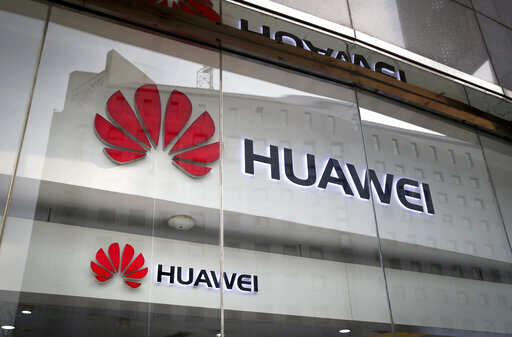 China's Huawei poses such a grave security risk to the United Kingdom that the government must reconsider its decision to give it a limited role in building 5G networks, a former head of Britain's MI6 foreign spy service said on Thursday.
China's Huawei poses such a grave security risk to the United Kingdom that the government must reconsider its decision to give it a limited role in building 5G networks, a former head of Britain's MI6 foreign spy service said on Thursday.In what some have compared to the Cold War arms race, the United States is worried that 5G dominance would give any global competitor such as China an advantage Washington is not ready to accept.
The Trump administration, which hit Huawei with severe sanctions on Wednesday, has told allies not to use its technology because of fears it could be a vehicle for Chinese spying. Huawei has repeatedly denied this.
But British ministers have agreed to allow Huawei a restricted role in building parts of its 5G network. The final decision has not yet been published.
"I very much hope there is time for the UK government, and the probability as I write of a new prime minister, to reconsider the Huawei decision," said Richard Dearlove, who was chief of the Secret Intelligence Service from 1996 to 2004.
"The ability to control communications and the data that flows through its channels will be the route to exercise power over societies and other nations," Dearlove wrote in the foreword to a report on Huawei by the Henry Jackson Society.
Huawei, founded in 1987 by a former engineer in China's People's Liberation Army, denies it is spying for Beijing, says it complies with the law and that the United States is trying to smear it because Western companies are falling behind.